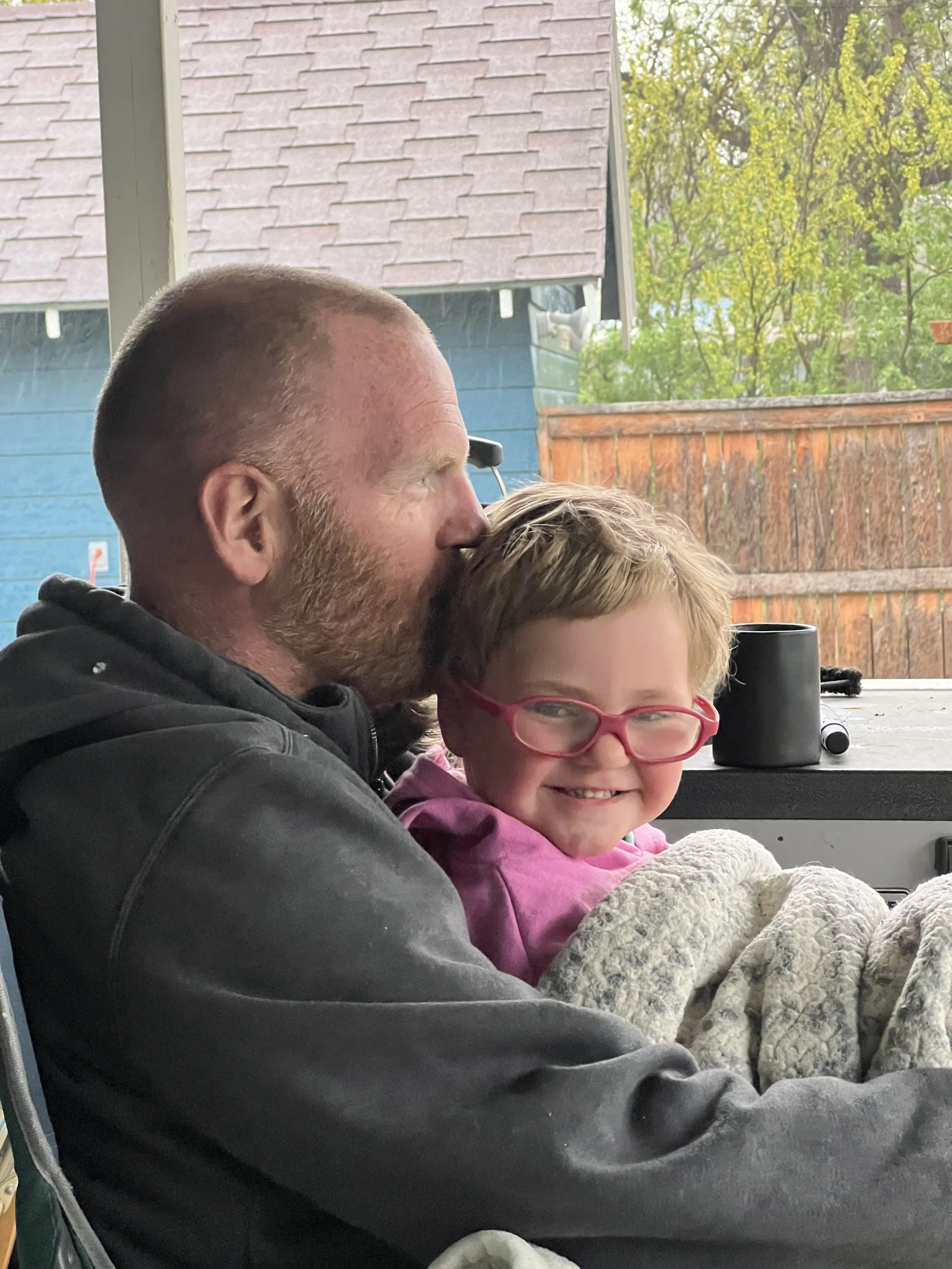This week I had the privilege of helping two families in the middle of hard seasons.
One—a brother and sister as they packed up their parents’ home. Both passed of them past in the last year, and now, their children are trying to work through what has been left behind. Every box, every piece of furniture seemed to carry a story, and some of them were too heavy to name. You could feel it in the silence between them, the long pauses as they decided what to keep, what to let go. How can any of it be called trash? What is the price of Dad’s favorite chair, of Mom’s knick-knacks?
The other—a couple who just received news no one ever wants to hear. With their time together now feeling shorter than it should, they’re finally finishing projects and planning the bucket-list trip they’ve been putting off “until things settled down.” The wife - the mother - is the sweetest lady. She loves her family and is never shy of sharing a kind word. Amid the tears, she smiles, laughs, and hopes.
And it was all very sobering.
This work—hauling, cleaning, sorting—does more than tire my body. It works on my heart.
In moments like these, I have a unique opportunity to see, and be reminded of, what truly matters.
And what doesn’t.
It’s easy to spend the drive home in reflection, and wonder . . . how many of us are still putting off the things that really matter?
We convince ourselves there’s plenty of time. That someday we’ll get around to it. But someday is fragile.
The words left unsaid.
The trip we keep dreaming about but never book.
The quiet dinner without the phones.
The porch swing at sunset.
The apology that’s overdue.
The hug we’ve been meaning to give.
The time with our kids before they grow up and leave.
Not everything can wait.
And maybe that’s the gift of this work: the reminder to take stock now. To say what needs to be said. To do what needs to be done. To love the people we love, while we still have the chance to love them well.
Because “someday” is already here. Probably more than we, than I, would like to admit.
That's what I've been thinking about this week.



